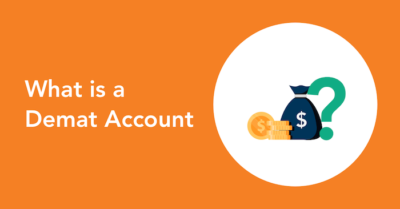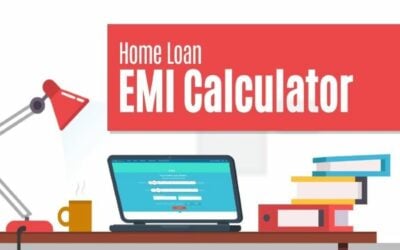Securing a mortgage can feel like an uphill battle when you have bad credit. But while it may be more challenging, it’s not impossible. One of the critical decisions you’ll need to make is choosing between a fixed-rate mortgage (FRM) and an adjustable-rate mortgage (ARM). Understanding the pros and cons of each can help you make an informed decision that aligns with your financial situation.
Table of Contents
What Is a Fixed-Rate Mortgage (FRM)?
A fixed-rate mortgage offers an interest rate that remains constant throughout the loan term. Whether you’re borrowing for 15, 20, or 30 years, your monthly mortgage payments will stay the same. For those with bad credit, this stability can be appealing, as it allows for predictable budgeting.
Pros of a Fixed-Rate Mortgage
- Predictable Payments: Your interest rate and monthly payments won’t change, providing long-term financial stability.
- Protection from Market Fluctuations: Since the interest rate is locked, you won’t be affected by rising interest rates in the future.
- Easier to Understand: Fixed-rate mortgages are straightforward and easier for first-time buyers or those unfamiliar with the housing market.
Cons of a Fixed-Rate Mortgage
- Higher Initial Interest Rates: FRMs typically come with higher interest rates compared to ARMs, which can be a drawback if you have bad credit.
- Less Flexibility: If market interest rates decrease, you’ll be stuck with your higher rate unless you refinance.
What Is an Adjustable-Rate Mortgage (ARM)?
An adjustable-rate mortgage offers an interest rate that changes periodically, typically after an initial fixed period. For example, a 5/1 ARM has a fixed rate for the first five years, and after that, the rate adjusts annually based on market conditions.
Pros of an Adjustable-Rate Mortgage
- Lower Initial Rates: ARMs generally offer lower interest rates during the initial fixed period, which can benefit buyers with bad credit.
- Potential to Save on Interest: If interest rates remain low, you could pay less in interest over the life of the loan.
- Short-Term Savings: If you plan to sell or refinance within a few years, an ARM’s lower initial rates can help you save money.
Cons of an Adjustable-Rate Mortgage
Uncertainty After the Initial Period: Once the fixed-rate period ends, your interest rate can fluctuate, potentially leading to higher monthly payments.
Difficult to Budget: The possibility of rising rates makes it harder to predict long-term costs.
Risk of Payment Shock: If interest rates rise significantly, your monthly payment could increase dramatically, making it difficult to manage.
Fixed-Rate vs. Adjustable-Rate: Which Is Better for Bad Credit?
Fixed-Rate Mortgage for Bad Credit:
A fixed-rate mortgage is often the safer choice for individuals with bad credit. While you may initially face a higher interest rate, the stability and predictability of your payments can provide peace of mind. With bad credit, it’s especially crucial to avoid financial surprises, and the consistent payments of an FRM can help you manage your budget more effectively.
Adjustable-Rate Mortgage for Bad Credit:
If your credit score is low, you might be tempted by the lower initial rates of an adjustable-rate mortgage. ARMs can provide immediate savings, which may make it easier to qualify for a home in the short term. However, you must be prepared for the potential of increased payments after the fixed-rate period ends. If you plan to sell or refinance before the adjustable period begins, this could be a viable option.
Key Considerations for Bad Credit Borrowers
- Interest Rates: With bad credit, you’ll likely face higher interest rates no matter which option you choose. Shop around and compare rates from different lenders to find the best deal.
- Down Payment: Some lenders may require a larger down payment to offset the risk of lending to someone with bad credit. Be prepared to offer more upfront if needed.
- Loan Term: Shorter loan terms (e.g., 15 years) typically have lower interest rates but higher monthly payments. Consider what makes the most sense for your budget.
- Lender Flexibility: Not all lenders are willing to work with borrowers who have bad credit. Look for lenders that specialize in helping those with lower credit scores.
Conclusion: Which Is Right for You?
Choosing between a fixed-rate mortgage and an adjustable-rate mortgage when you have bad credit depends on your financial goals, risk tolerance, and future plans.
- If you prefer stability and want to avoid future payment increases, a fixed-rate mortgage is likely the better option.
- If you’re looking to take advantage of lower initial rates and plan to move or refinance before the adjustable period begins, an adjustable-rate mortgage could work for you—though it carries more risk.
Before making a decision, carefully evaluate your financial situation and speak with mortgage professionals who can help you navigate the complexities of home financing with bad credit.








